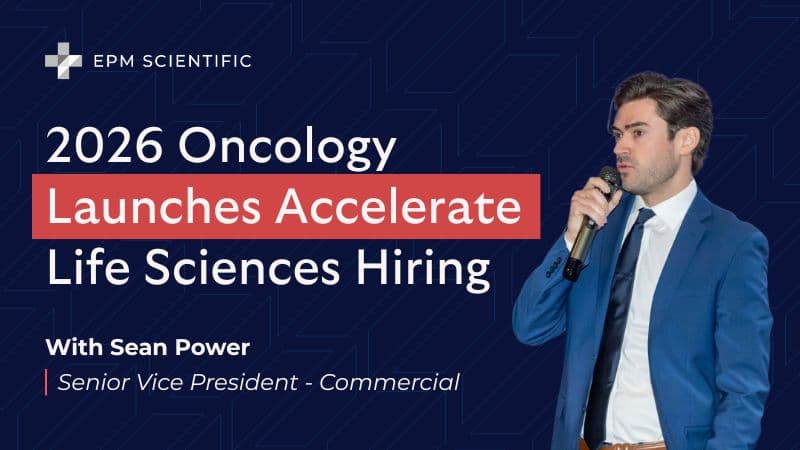Hiring Advice
Get expert hiring advice to refine your hiring strategies, attract top life sciences talent, and build high-performing teams. Stay ahead with actionable insights on market trends, best practices, and tips to optimize your hiring process for success.

Chemtech Hiring Strategy: Aligning R&D and Operations for Scale
A strong chemtech hiring strategy aligns R&D and operations early to reduce scale-up risk, improve execution, and support sustainable growth in life sciences.

Oncology Led Drug Launches in 2026 Are Driving Earlier Life Scien...
Oncology led drug launches in 2026 are accelerating life sciences hiring, with earlier demand across regulatory, R&D, quality, and commercial teams.

Scaling GLP-1 Drugs, How Demand Is Reshaping Life Sciences Talent...
Scaling GLP-1 drugs is reshaping life sciences talent models, with demand driving reliance on contract, interim, and specialist expertise to support rapid manufacturing scale-up.

Lunar New Year 2026, Market Momentum in the Year of the Horse
Life sciences jobs in 2026 face faster hiring, higher expectations, and sharper competition. See how the Year of the Fire Horse shapes career moves and hiring decisions.

Rapid CMO Placement for a Clinical-Stage Biotech
How a clinical-stage biotech company appointed a Chief Medical Officer in just four weeks, avoiding retained search delays and protecting clinical and investor momentum.

Building Clinical R&D Teams for Global Oncology Expansion
How a leading biotech company built an internal global Clinical R&D function, delivering 25 specialist hires in 12 months to accelerate Phase 3 oncology trials and prepare for IPO.

Agentic AI in Life Sciences: A Quiet Shift with Real Momentum
Explore how agentic AI is transforming life sciences workflows. From discovery and clinical development to regulatory and manufacturing, agentic AI reduces routine tasks, accelerates timelines, and enables teams to focus on critical decision making. Studies from Accenture, Wharton, and McKinsey highlight measurable productivity gains and operational value.

Biotech vs Big Tech: Why Purpose, Not Pay, Wins AI Talent
Biotech is competing directly with Big Tech for AI and data talent. This article explains why purpose, scientific impact, and clear role expectations now matter more than salary in attracting top AI professionals.

The Difference Between Hiring for Go-to-Market Build vs Optimizat...
Understand the difference between go-to-market build vs optimization and how life sciences hiring priorities must change by stage to avoid mis-hires and stalled growth.
Let’s talk talent
Need the right talent for your next hire, or guidance on your people strategy? Leverage our experience to help you and your business today.
Advancing your career
Want to be one step ahead in your career? Our industry experts have the relationships and global reach to realize your full potential.
